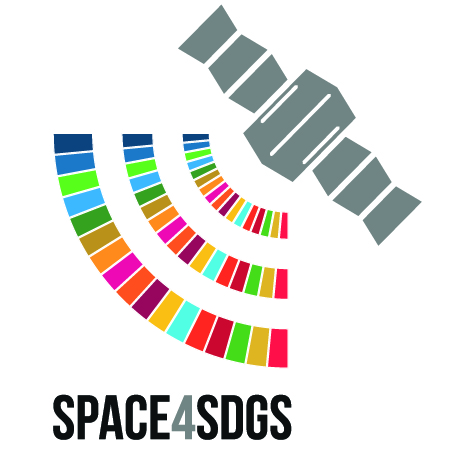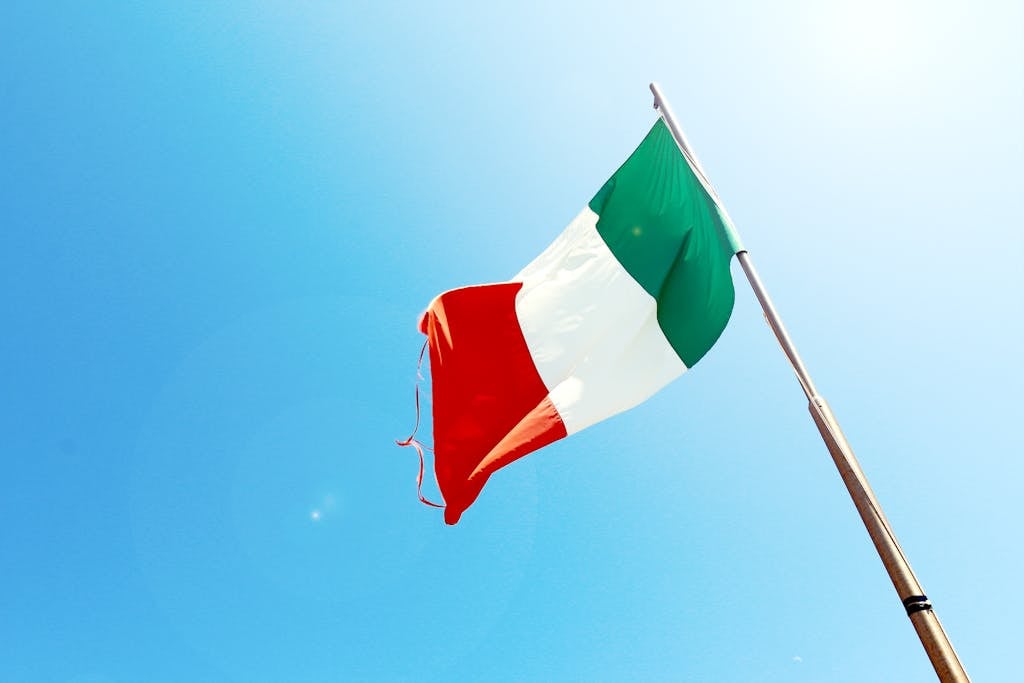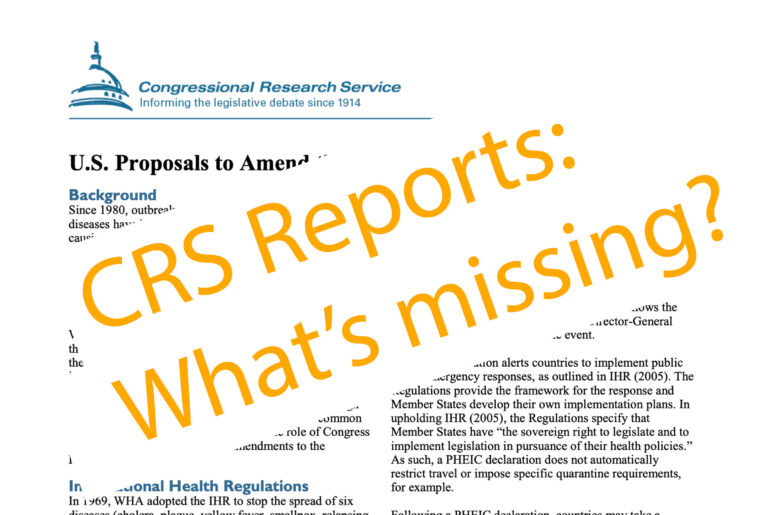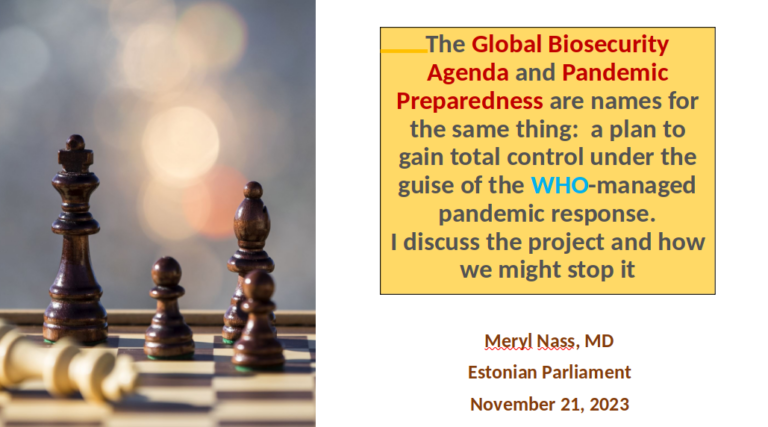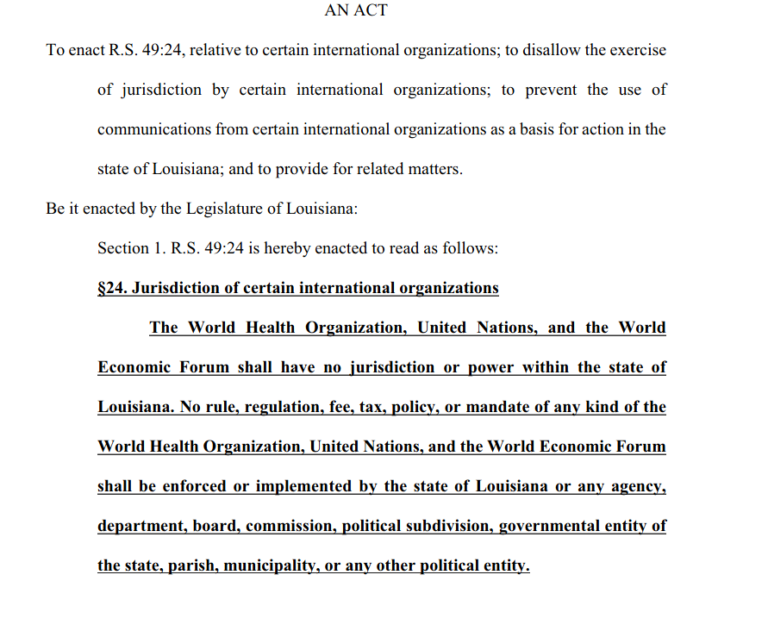This article is a repost with permission from The Conservative Woman.
This is the last in a three-part series.
I LAID out the legal instruments and agendas that are being pursued by the WHO in Part 1 and Part 2 of this series. As the co-founder and CEO of the UK Medical Freedom Alliance, who have been campaigning on issues relating to medical ethics, informed consent, bodily autonomy, and medical choice since October 2020, I will now explore the implications of the proposed WHO IHR Amendments, WHO CA+ (Pandemic Treaty) and One Health agenda from an ethical and moral perspective. I will highlight the catastrophic impact that these dystopian policies would have on the sacred doctor-patient relationship and the wider practice of medicine.
There are many red flags in these documents and the underlying ideology. The WHO make no secret of their lack of concern for ethics and their failure to recognise the innate sanctity and dignity of each human life. For example, of the many deeply concerning proposed IHR Amendments, one seeks to remove the clause requiring the WHO to uphold ‘full respect for the dignity, human rights and fundamental freedoms’ of individuals in a declared health emergency.
As things stand, with the WHO merely an advisory body, we have witnessed the most shocking ethical violations over the last three years, as Governments around the world followed their advice in lockstep as if it were law. Imagine how much worse the situation will be if their advice becomes legally binding on nations under international law.
Medical ethics are vitally important and should be non-negotiable in a civilised society. They exist to hold doctors and medical professionals accountable for their actions and to protect vulnerable patients from abuse and atrocities, recognising that the doctor-patient relationship is an intimate one with an unavoidable power imbalance. Hence the importance of the Hippocratic Oath to ‘first, do no harm’; that doctors ensure they obtain voluntary, uncoerced, informed consent to any medical intervention for their patients, following a full disclosure of the risks and benefits to that individual and any alternative treatment options including doing nothing; that healthcare professionals maintain confidentiality and that they respect the value and dignity of each life, acting as their patient’s advocate.
Arguably, the time when it is most important to hold firm to ethical principles is in an emergency, as this is the time when abuse and atrocities are most likely to occur as people act out of panic and fear. Yet, over the last three years we have witnessed both medicine and politics being practiced in an ethical and moral vacuum, which has led to medical practice becoming dysfunctional and dangerous for patients.
Under emergency laws in the UK and around the world, we have seen fundamental and long-standing ethical principles abandoned and previously hard red lines violated. Here are just a few of the many examples:
· Banning visitors from hospitals and care homes for many months and separating the sick and dying from their loved ones was an act of appalling cruelty.
· Mandating people to wear face masks or undergo COVID testing simply to access basic human rights/freedoms such as shopping, medical care, travel and education, was unconscionable.
· It was considered acceptable to use children as human shields. For example, the COVID vaccines were rolled out to children primarily to ‘protect granny’, despite the absence of benefit to healthy children, who were at statistically zero risk from COVID, and the known and well documented short-term, and unknown long-term, risks from the vaccines.
· The policy of mandating facemasks for children in schools as a condition of their access to education, despite no demonstrable benefit and the known psychological and physical harms.
· University students were locked into halls, educated online and forced to undergo testing and isolation which has caused long-term educational and psychological damage.
· The ethical breaches relating to the COVID jabs were numerous and grave. Unbelievably, we rolled out this novel technology with no long-term safety data to the whole population – including babies, children and pregnant women – regardless of their risk from COVID or their immune status. This defied all common sense and was reckless in the extreme, with no regard to the precautionary principle and showing an extreme lack of concern about safety.
· There was coercive and emotionally manipulative marketing of these vaccines to the public and the use of fear-based propaganda by Governments and Health Officials to increase uptake on a level that has never been seen before.
· Around the world, Governments made COVID vaccines mandatory as a condition for work, travel and even, in some countries, for grocery shopping. These basic human rights and needs were made conditional on accepting a medical treatment that individuals may not have wanted or needed.
Over the last three years, protocol-driven medicine – a ‘one size fits all’ approach – has eroded the sacred doctor-patient relationship, in which the doctor’s primary duty of care is to the patient in front of them, not to the NHS or their employer, the Government or wider public. Doctors have been threatened or punished for acting as their patient’s advocate, and even prevented from doing so. For example, it was almost impossible to find a doctor prepared to sign medical exemption forms for the COVID vaccine as they feared retribution from regulators and employers, threatened with the loss of their job or medical licence for going against the narrative.
We have essentially moved to a situation where governments and Public Health officials have been practising medicine on individuals they do not know. This is unethical, dangerous, and constitutes a medical tyranny. A ‘greater good’ ideology trumping the sanctity of the individual life, which has underpinned the emergency public health policies globally, is dehumanising and morally reprehensible.
As medical freedom campaigners during the pandemic, we have at least been able to write to our elected representatives, to challenge and lobby for changes to unethical policies. We have had some success e.g. on limiting the children’s COVID vaccine rollout and uptake in the UK with our ‘Time to Pause’ campaign, and applying political pressure to end COVID restrictions in the NHS with our ‘NHS Back to Normal’ campaign. There have also been public protests against governments’ draconian COVID policies all over the world, which have applied significant political pressure.
Imagine if, in the future, all health policies and protocols are instead set by the WHO Director-General and various committees, who are unelected and unaccountable. There would be no recourse for the public to protest or lobby their politicians for change, as their government and elected representatives would simply say that they had no choice, being obliged to enact WHO policies under international law. They would be simply ‘following orders’.
The WHO One Health dystopian ideology, underpinning the proposed WHO CA+ Pandemic Treaty and amendments to the IHR Regulations, proposes that a centralised, ‘one size fits all’, approach to health is rational and desirable. However we are all individuals with different risk v benefit profiles and different physical, emotional and spiritual needs and wishes. In the situation being sought by the WHO, there would be no doctor-patient relationship; just an unelected, distant bureaucrat (perhaps not even medically qualified) practising medicine on strangers by decree, with no ability to act in the best interest of the individual patient or for informed consent to be practised.
This approach is preposterous. It would not even work for individuals in a small community, let alone across countries, regions or the whole planet. Decentralisation of healthcare decisions and a localised, community-based response, with individual doctors practising ethical, patient-centred medicine, is the safest and most effective way to manage any health crisis, and the only way to practise medicine humanely.
We are at a crossroads where we are faced with a stark and urgent choice – do we want Hippocratic, ethical, patient-centred medicine or do we want technocratic, dehumanising, protocol-driven medicine?
Science is amoral and devoid of ethics so cannot inform the practice of medicine alone. Human doctors are required to practise medicine humanely; to apply ethical principles, moral values and interpretations to science. This is the Art of Medicine, encompassing the observation, intuition, experience, wisdom, compassion and innovation of the individual doctor, who must be free to act in his or her best clinical and professional judgment.
Ultimately, the concept of public healthcare (beyond good sanitation, nutrition and clean water) is a fallacy – there is only individual health. Compounded by corruption and conflicts of interest, which allow private corporations and vested interests to dictate and control medical practice for financial and political gain, it should be obvious that Governments and supranational bodies must never be given control or authority over the practice of medicine by individual doctors for individual patients.
If doctors cannot uphold their Oath to ‘first, do no harm’ and are mandated to follow top-down ‘one size fits all’ policies and protocols, they are reduced to being agents of the state, patients are dehumanised, and atrocities will inevitably follow. Establishing a global health dictatorship, as the WHO appears to desire, will never end well. We know from history that once power is given away to authorities it is almost never given back voluntarily. It is urgent that we do everything we can to stop this diabolical power grab while we still hold that power. It is time for medical professionals to reclaim their profession and ethical values and for patients to demand ethical care from their doctors and nurses.
Please visit the UK Medical Freedom Alliance Medical Ethics Matter Campaign Page for resources and calls to action relating to medical ethics. We are calling on doctors to return to the founding principle of the Hippocratic Oath to ‘first, do no harm’, and for healthcare professionals to reject protocol-driven care and to return to ethical, patient-centred care, in which consent to all medical interventions must be fully informed, voluntary and never coerced.



